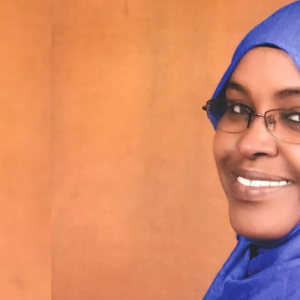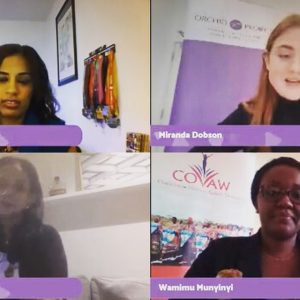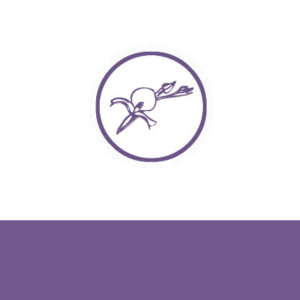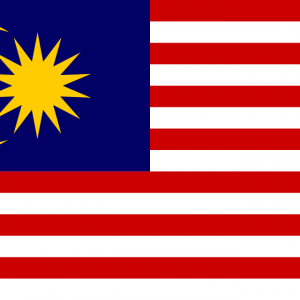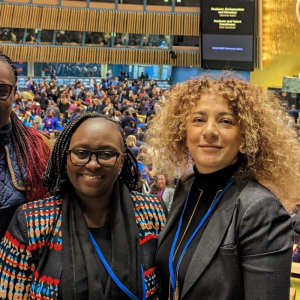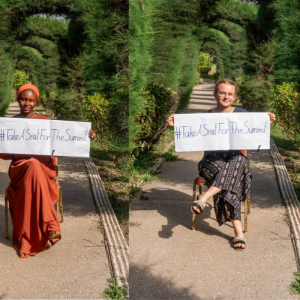On December 12, Tostan’s Fouta Regional Coordination hosted a sharing seminar with 30 marabouts (Islamic religious leaders) in the department of Ranerou, in the northern part of Senegal, to discuss the promotion of human rights in their communities and specifically, the harmful consequences of female genital cutting (FGC) and child/forced marriage. The goal of the seminar was to inform the marabouts about the harmful consequences of these practices in order for them to share this information with other marabouts and community members. In a very conservative region of the country, religious leaders play an influential role in preserving or changing traditional practices. Thus, these seminars are pivotal for providing this important information to these leaders.
The seminar opened with a presentation given by Tostan Regional Coordinator, Abou Diack, which focused on the human rights, which is the foundation of Tostan’s holistic Community Empowerment Program (CEP). In addition, he also discussed the role of social norms that exist within one’s community and how certain practices have become expectations of the community and are not questioned as all people within that community practice.
After the presentation, the religious leaders offered their comments based the information learned as well as their personal opinions on the subjects of FGC and child/forced marriage. While some of the religious leaders supported the arguments presented by the Regional Coordinator and understood the importance of the rights women and girls in their communities, especially the right to be free from violence, many were still hesitant about changing their position on the topic.
Several marabouts shared that FGC is a practice recommended by their religion, and thus they must continue preserve it in their community. Abou Diack explained that FGC was not a practice prescribed by Islam and that there is no direct reference to female genital cutting in the Qur’an. Others who were in favor of the continuation of the tradition prior to the presentation, were interested in seeing further evidence from medical practitioners to reinforce that these practices were indeed harmful.
Following the event, Abou Diack said “In my opinion, it was a positive event. Each time we include the religious leaders in our activities in the field, they are eager to attend. We would like the marabouts to come together once again to hear more from medical professionals about the consequences of these practices to help them to change their position.”

